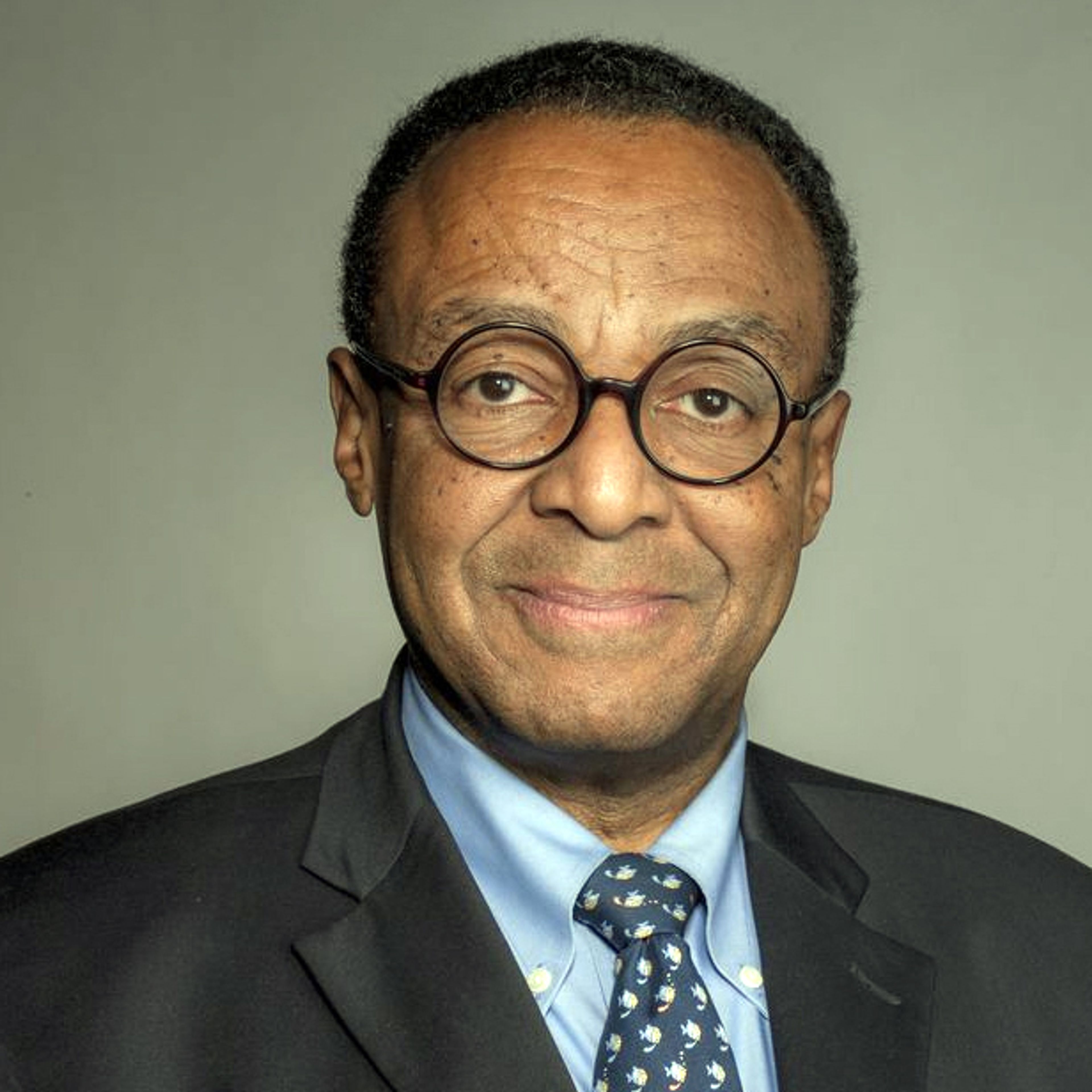OPINION: Freedom of religion includes freedom from religion
I feel as if I’m playing with sweaty dynamite, nitroglycerine or, worse yet, a nuclear reaction gone rogue because religion, as it relates to public policy and our country’s history, is a volatile subject.
First, a disclaimer so the hate mail won’t be as voluminous: I am not anti-religion. Yes, this world and this universe is absolutely amazing. There is no definitive empirical evidence as to why we are here. There is so much we do not know. It is a marvel that we even exist. Faith in some explanation for our existence is important to many and often that explanation involves some form of divine creation. I am not denigrating anyone’s chosen faith.
Any spirituality or faith, whether it be religion-based or not, is profoundly personal. Such a thing certainly should not be denigrated, legislated or dictated by a governmental entity. I look to my grandmother as a model of private spirituality. She was Catholic and practiced her spirituality without proselytizing, judging others or demanding that everyone else in the family embrace her chosen beliefs. My grandfather was not so devout, yet they were tremendously compatible, happy and committed to each other and their family. They were good and honest, hard-working people with plenty of love to go around.
However, some in the world want to turn their holy books and chosen faith into law, waging a culture war on those with a differing faith or those who want freedom from religion. Using religious faith as an excuse to value-shame, neglect or incarcerate others is the antithesis of freedom or justice.
For example, Missouri state Sen. Sandy Crawford, a Republican, in debate on the legislative floor, opposed abortion in cases of rape and incest because “God is perfect. God does not make mistakes and for some reason he allows that to happen.” Apparently victims should just submit to their attackers because it’s God’s will, whether they are Christian or not.
We hear about and view as villainous the repression and violent enforcement of religious edicts pushed by foreign religious extremists and incorporated into the theocratic governments they control. The current Iranian and Afghani governments are controlled by extremist elements of Islam. Any time a religion begins to control governments, legislation and enforcement, the outcome is predictably restrictive, unjust and intolerant.
We need to guard against that same control here in the U.S. as the lines between church and state increasingly blur. U.S. Rep. Lauren Boebert, R-Colo., calls this separation “junk.” I vehemently disagree. Would Christian extremists, if in control, be any less villainous? Perhaps the bloody Crusades of the 11th to 13th centuries or the inquisitions of the 15th and 16th centuries offer an answer.
Some insist we are a “Christian nation” because our republic was created out of the desire for religious freedom. That is a gross oversimplification.
In 1608, early Pilgrims from England took refuge in a Dutch city called Leiden. There they had religious freedom. Why, then, did Pilgrims leave England in 1620 for a “new world” instead of remaining in Leiden? The answer is simple: economic hardship. After working in Leiden for more than a decade, the Pilgrims there were living in poverty. This made it almost impossible to convince others from England to join them. Furthermore, the wool market failed and a Dutch-Spanish treaty was about to expire, enticing Englanders to look for a new place to begin again without such complications.
Investors in England were looking to establish colonies on the North American continent for purposes of profit. The London Merchant Adventurers were investors who provided the funds for the Mayflower, its crew and the supplies for the long voyage. The Pilgrims were the perfect industrious people to make this plan viable and profitable. They were required to work for the company for seven years sending fur, timber and preserved fish back to England (but it actually took 28 years to pay off their debts to the Merchant Adventurers). Not all aboard the Mayflower were separatists or seekers of religious freedom. About half were people interested purely in economic benefit. The Pilgrims called them “strangers” while calling themselves “saints.”
Later, following our Revolutionary War, which was fought largely over taxation without representation, the First Amendment to our Constitution assured that government could not establish an official religion. Therefore, when I hear that we are a Christian nation, I disagree.
Yes, many of our founders were Christians and God was mentioned in some of our founding documents. However, those same founders wanted nothing to do with theocracy.
Clearly, religion is important on a personal level and you have unfettered access to whatever religious faith you wish to follow. You also have the freedom to practice no religion at all and be free from the government pushing religious beliefs on you.
Today, increased vigilance is necessary as religion increasingly influences our laws, drives court decisions and metes out punishments for the infidels and heretics.
Gee, of Lewiston, is a retired special education teacher.









